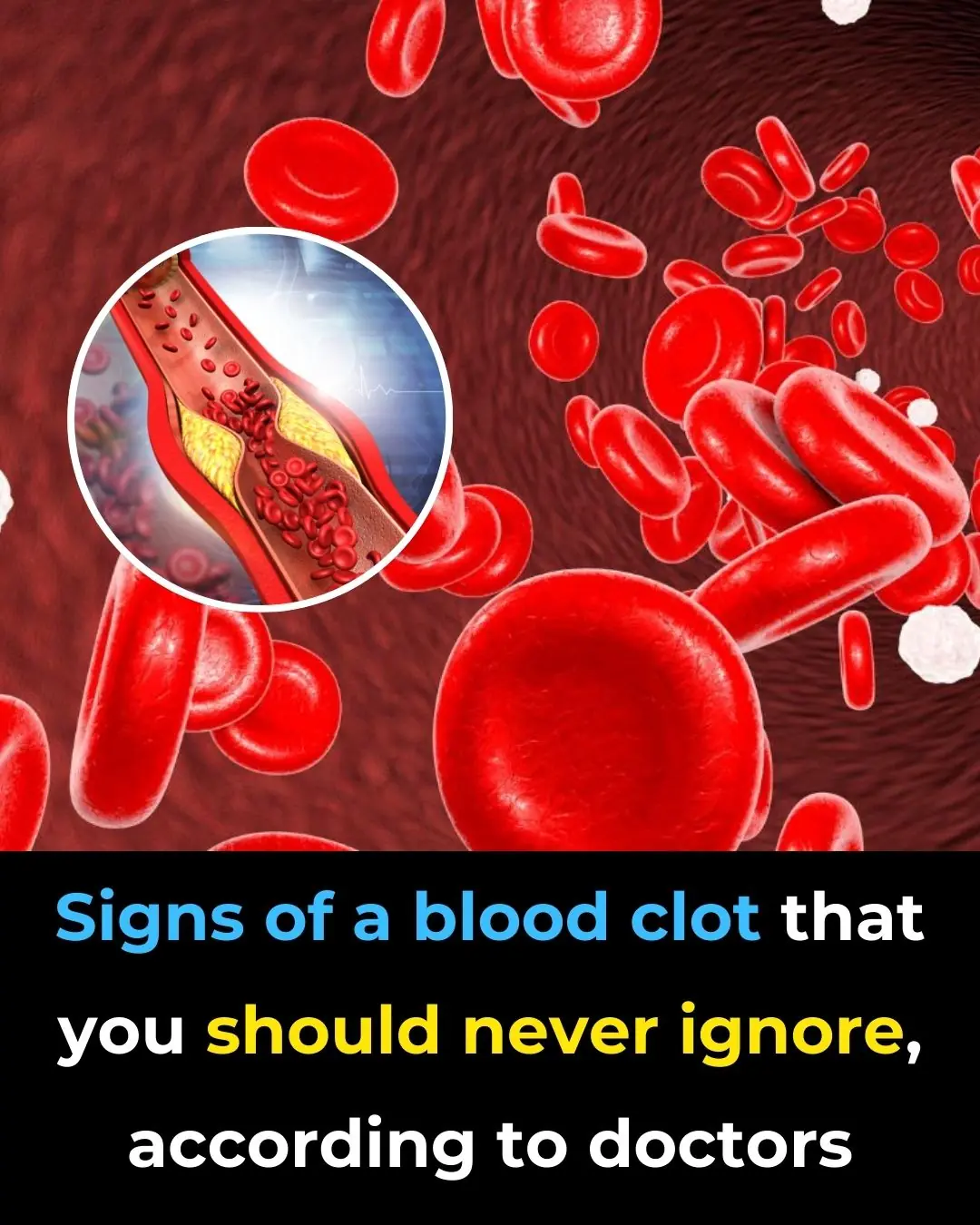
Low FT3 Levels Predict Risk for Nerve Damage in Diabetes
TOPLINE:
In euthyroid patients with type 2 diabetes (T2D), relatively higher free triiodothyronine (FT3) levels within the normal range were linked to a lower risk for diabetic peripheral neuropathy and better nerve function.
METHODOLOGY:
- In euthyroid patients with T2D, lower FT3 levels within the normal range can worsen glucose and lipid metabolism and increase the risk for nephropathy and retinopathy, but the association of FT3 levels with peripheral neuropathy remains unclear.
- Researchers in China examined the relationship between FT3 levels and diabetic peripheral neuropathy in 1422 euthyroid patients with T2D (mean age, 58.04 years; 33.97% women) who underwent electromyography during hospitalization.
- Participants were considered euthyroid if their thyroid-stimulating hormone level was 0.25-5.5 IU/mL, free thyroxine level was 9.0-25.5 pmol/L, and FT3 level was 2.5-7.0 pmol/L.
- A diagnosis of diabetic peripheral neuropathy was made in those who showed neuropathic symptoms (neuropathic pain, paresthesias, numbness, sensory distortion, unsteadiness, or falls) and signs (pain sensation abnormalities, vibration sensation abnormalities, loss of the ankle reflex, touch/pressure sensation abnormalities, or temperature sensation abnormalities) during or after a confirmed diabetes diagnosis.
- Nerve conduction studies of the distal limbs (median, ulnar, common peroneal, sural, and superficial peroneal nerves) were conducted in all participants, and distal motor and sensory nerve latencies, action potential amplitudes, and conduction velocities of motor and sensory nerves were recorded.
TAKEAWAY:
- Among all participants with T2D, the 519 who were diagnosed with diabetic peripheral neuropathy showed significantly lower serum FT3 levels than those without the condition (P < .001).
- The risk for diabetic peripheral neuropathy was reduced in participants with FT3 levels between 4.3 and 4.7 pmol/L (odds ratio [OR], 0.57; 95% CI, 0.39-0.81) and 4.7 and 7.0 pmol/L (OR, 0.33; 95% CI, 0.21-0.52) compared with those with FT3 levels between 2.5 and 3.8 pmol/L.
- Participants with neuropathy had slower, weaker nerve responses and longer latencies than those without, with higher FT3 levels in patients with diabetic peripheral neuropathy being linked to faster nerve conduction and shorter latencies.
- A Mendelian randomization analysis using the ThyroidOmics Consortium and the UK Biobank genome-wide association study data also indicated a causal relationship between low FT3 levels and the risk for diabetic peripheral neuropathy (inverse variance weighted β = -0.655; P = .035).
IN PRACTICE:
“Within the normal range, a relatively high level of FT3 (> 4.3 pmol/L) was associated with a reduced risk of DPN [diabetic peripheral neuropathy]. Thyroid hormones may be beneficial for patients with DPN if their FT3 levels are near the low end of the normal range,” the authors of the study wrote.
SOURCE:
This study was led by Bing’er Xu, Department of Endocrinology, Zhongshan Hospital, Fudan University, Shanghai, China. It was published online in the Journal of Clinical Endocrinology and Metabolism.
LIMITATIONS:
This study was limited by its single-center design and focused on hospitalized patients with T2D in Shanghai. It measured only specific peripheral nerves’ conduction parameters. The Mendelian randomization analysis was conducted only in Europeans, requiring validation in other ethnic populations.
DISCLOSURES:
This study received support from the National Science and Technology Major Project, the National Natural Science Foundation of China, the Science and Technology Commission of Shanghai Municipality, and other sources. The authors reported having no conflicts of interest.
This article was created using several editorial tools, including AI, as part of the process. Human editors reviewed this content before publication.
News in the same category


5 Warning Signs That Could Indicate Colon Cancer

Shocking simulation shows exactly what happens to your body if you stop eating sugar for 2 weeks
Giving up sugar for two weeks may sound like a simple diet tweak, but a new simulation shows the change can trigger a chain reaction inside your body — from energy surges to mental clarity. The journey isn’t without its challenges, but the long-term r

11 Sh0cking Causes of Red Dots on Your Skin and How to Treat Them
While some red dots on your skin may resolve on their own or with simple remedies, others can and should require medical attention.

Healing Power of Castor Leaves: Natural Benefits and Must-Know Safety Tips

Here’s Why You Shouldn’t Sleep With A Fan At Night
Sleeping with a fan might seem harmless — even comforting — but its hidden effects can chip away at your comfort and long-term sleep quality.

36-Year-Old Teacher D!es From Diabetes Caused by Common Foods, Experts Say
Diabetes is a serious health condition with long-term consequences if left unmanaged.

Finger Test For Lung Cancer Could Determine Cancer Risk
While finger clubbing itself is a symptom rather than a disease, adopting healthy lifestyle habits can help reduce the risk of underlying conditions that cause it.

The Ultimate Guide to Cloves: Benefits, Uses, and How They Work
Cloves aren’t just a fragrant kitchen spice — they’re a centuries-old natural remedy packed with healing power. From boosting immunity to easing pain, these tiny buds hold surprising benefits you can easily tap into at home.

What Are Eye Floaters? Here What To Do If you Start Seeing Them, According to an Eye Doctor

11 Reasons Why You Have Red Dots On Your Skin

Common Backyard Plant May Help Fight Tumors, Diabetes, And High Blood Pressure

Over 200 People Are Killed By The “World’s Deadliest Food” Every Year, But Almost 500 Million People Still Eat It

Men Who Neglect This Crucial Practice Face 45% Higher Risk of Prostate Cancer

Preventing Stroke At Any Age: 3 “Don’ts” After Meals—And 4 “Don’ts” Before Bed

Revolutionary HIV Treatment: Lenacapavir Achieves 100% Clinical Efficacy

Say Goodbye to Joint and Foot Pain with a Relaxing Rosemary Bath

Why You Should Drink Water On An Empty Stomach Immediately After Waking Up

Scientists Uncover A Natural Way to Restore Vision

Signs of a Blood Clot That You Should Never Ignore, According to Doctors
News Post

20 Early Cancer Signs You Should Never Ignore

7 Signs That Your Partner Isn’t In Love And Is Just Settling For You

5 Warning Signs That Could Indicate Colon Cancer

Nurse reveals the 4 final phrases she hears people say before they die
A veteran hospice nurse has shared the deeply moving — and sometimes surprising — last phrases she’s heard from patients in their final moments. Her insights reveal that real-life goodbyes are far from the dramatic Hollywood scenes we’ve come to e

Shocking simulation shows exactly what happens to your body if you stop eating sugar for 2 weeks
Giving up sugar for two weeks may sound like a simple diet tweak, but a new simulation shows the change can trigger a chain reaction inside your body — from energy surges to mental clarity. The journey isn’t without its challenges, but the long-term r

11 Sh0cking Causes of Red Dots on Your Skin and How to Treat Them
While some red dots on your skin may resolve on their own or with simple remedies, others can and should require medical attention.

Never store your cooked rice without knowing this
Leftover rice may seem harmless, but if stored the wrong way, it can quickly become a breeding ground for dangerous bacteria. Experts warn that this common mistake, known as “fried rice syndrome,” can cause serious foodborne illness within hours.

Healing Power of Castor Leaves: Natural Benefits and Must-Know Safety Tips

Here’s Why You Shouldn’t Sleep With A Fan At Night
Sleeping with a fan might seem harmless — even comforting — but its hidden effects can chip away at your comfort and long-term sleep quality.

36-Year-Old Teacher D!es From Diabetes Caused by Common Foods, Experts Say
Diabetes is a serious health condition with long-term consequences if left unmanaged.

Finger Test For Lung Cancer Could Determine Cancer Risk
While finger clubbing itself is a symptom rather than a disease, adopting healthy lifestyle habits can help reduce the risk of underlying conditions that cause it.

The Ultimate Guide to Cloves: Benefits, Uses, and How They Work
Cloves aren’t just a fragrant kitchen spice — they’re a centuries-old natural remedy packed with healing power. From boosting immunity to easing pain, these tiny buds hold surprising benefits you can easily tap into at home.

What Are Eye Floaters? Here What To Do If you Start Seeing Them, According to an Eye Doctor

Many People Still Think That These 2 Buttons Are Just For Flushing

11 Reasons Why You Have Red Dots On Your Skin

Common Backyard Plant May Help Fight Tumors, Diabetes, And High Blood Pressure

Over 200 People Are Killed By The “World’s Deadliest Food” Every Year, But Almost 500 Million People Still Eat It

Men Who Neglect This Crucial Practice Face 45% Higher Risk of Prostate Cancer

Preventing Stroke At Any Age: 3 “Don’ts” After Meals—And 4 “Don’ts” Before Bed
